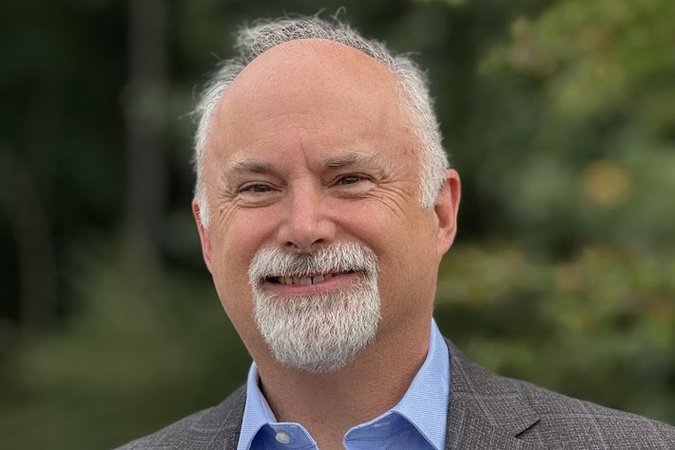The Lightbulb Paradox: Evidence from Two Randomized Experiments
Event Details
Presenter
Hunt Allcott,
Associate Professor, Department of Economics, New York University
Abstract
It is often suggested that consumers are imperfectly informed about or inattentive to energy costs of durable goods such as cars, air conditioners, and lightbulbs. We study two randomized control experiments that provide information on energy costs and product lifetimes for energy efficient compact fluorescent lightbulbs (CFLs) vs. traditional incandescent bulbs. We then propose a general model of consumer bias in choices between energy-using durables, derive sufficient statistics for quantifying the welfare implications of such bias, and evaluate energy efficiency subsidies and standards as second best corrective policies if powerful information disclosure is infeasible. In the context of our theoretical model, the empirical results suggest that moderate CFL subsidies may be optimal, but imperfect information and inattention do not appear to justify a ban on traditional incandescent lightbulbs in the absence of other inefficiencies.
For questions, please contact Karen Furman at [email protected]. Updates to our academic seminars schedule will be posted at www.rff.org/academicseminarseries.



